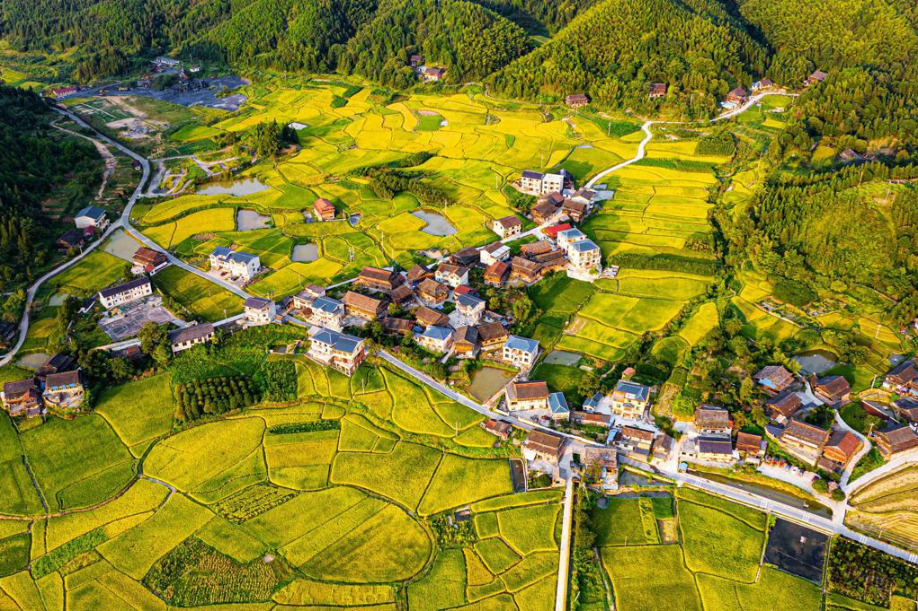Yunnan cracks down on mushroom-picking craze

A surge of mushroom pickers on Dali's Cangshan Mountains has scarred fragile alpine meadows, prompting Yunnan authorities to impose strict limitations on harvesting as experts warn that over-foraging could threaten biodiversity and disrupt the local ecosystem.
Authorities in Dali Bai autonomous prefecture announced the crackdown on Sunday, citing a summer influx of more than 10,000 visitors per day in the Cangshan range.
"We will conduct comprehensive inspections and adopt a zero-tolerance approach toward illegal activities such as unauthorized tourism and commercial mushroom-picking that harm the ecological environment," Chen Zhenyong, governor of the prefecture, said at a meeting.
During the summer holiday, short videos and images promoting "mushroom-picking in Dali" have been prominent on platforms such as Douyin and Xiaohongshu. The posts highlighted picking and photo-taking as attractions, drawing large crowds. Some accounts recruited visitors by charging fees ranging from tens to hundreds of yuan, offering foraging tools or even processing collected mushrooms for consumption.
In Yanghe village, once-lush forest areas have been trampled bare by tourists, China Central Television reported.
Environmental volunteers and experts warn that reckless foraging has already damaged the natural ecosystem.
"When tourists rake through the areas, the mycelium — the vegetative part of the fungus — is exposed to sunlight and dies, losing its ability to regenerate and produce mushrooms in the future," Wang Bin, an environmental volunteer, told CCTV.
If a growing environment is destroyed, it can take at least five to 10 years for new wild mushrooms to return, experts say.
Wild mushrooms play a crucial role in decomposing lignin and cellulose, two of the hardest natural materials to break down in dead leaves and branches. They also support the growth of other fungi and plants. Once grown, mushrooms provide food for insects and small mammals.
"Mushrooms are decomposers. Without them, natural materials in the forest cannot be broken down, and the protective effects on plants may diminish," said Zhao Ruilin, a researcher at the Chinese Academy of Sciences. "Plant disease resistance could decrease, reducing the forest's overall functionality."
As incidents of picking increase, mushrooms in low-altitude areas have become scarce. Foraging groups are now moving higher into the mountains, with some tourists entering restricted national nature reserve areas.
The prefecture's notice said illegal foraging and related activities would be dealt with strictly under the law.
Authorities also warned of poisoning risks. Tourists with little knowledge of wild mushrooms often misidentify them.
"Even experienced locals suffer poisonings every year, let alone unprofessional tour guides," said Zhao Changlin, a professor at Southwest Forestry University. "Some tourists actually take the mushrooms back and eat them. The consequences could be dire."
Between 2012 and 2023, the Chinese Center for Disease Control and Prevention recorded 3,229 mushroom poisoning cases and 710 deaths, according to a study published in China CDC Weekly. The cases accounted for 21.87 percent of reported foodborne poisoning incidents in that period.
- Yunnan cracks down on mushroom-picking craze
- Xizang forges ahead on road to stability and prosperity
- AI system helps doctors diagnose patients in community healthcare centers
- Tianjin data center's steel will to save energy
- Beef production hits its prime on grasslands
- Dugong spotted in waters near Nansha Islands





































